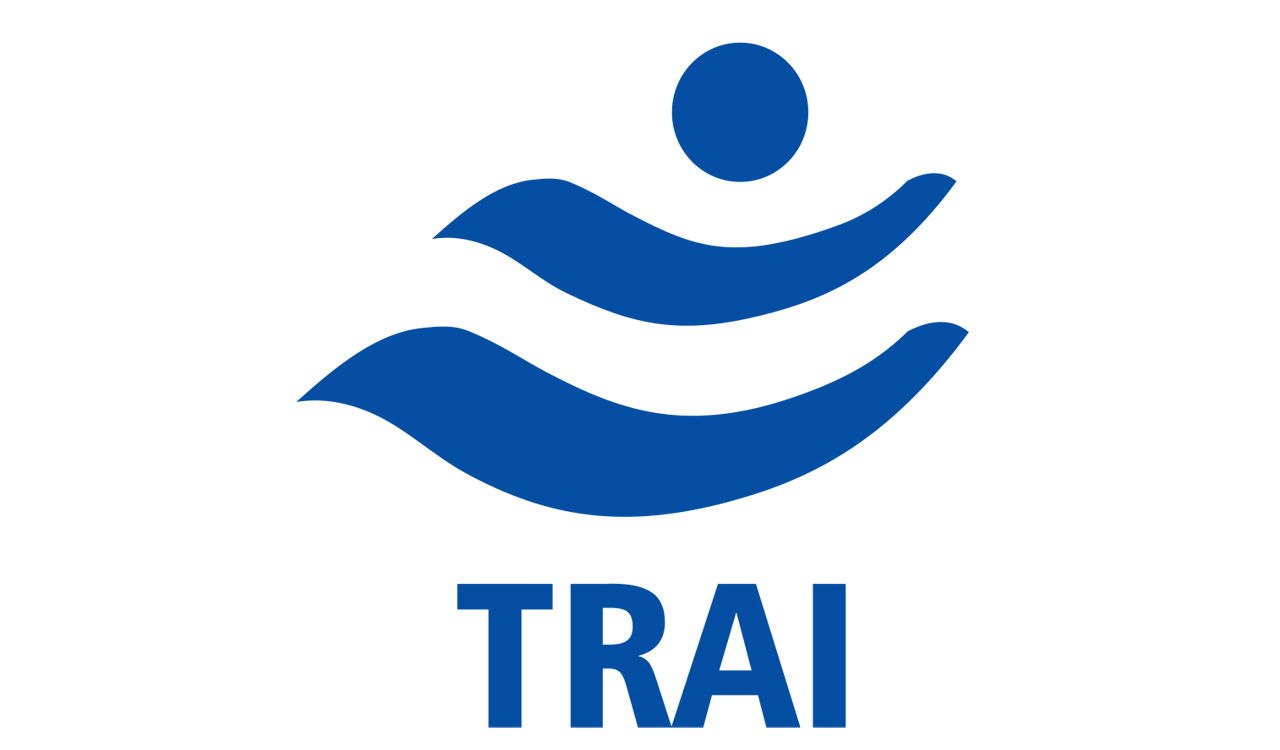Opinion: Insurance has a trust deficit
Using technical clauses and fine print to deny legitimate claims raises serious questions about consumer protection

By Sushiila Ttiwari, D Samarender Reddy
In an era where consumer protection is paramount, Indian insurance companies are increasingly coming under scrutiny for their questionable practices involving fine print clauses that often leave policyholders frustrated and empty-handed. Recent incidents and mounting consumer complaints highlight a growing crisis in the insurance sector, where technical clauses and fine print are being used to deny legitimate claims, raising serious questions about consumer protection and regulatory oversight.
According to the Insurance Regulatory and Development Authority of India (IRDAI) annual report, consumer complaints against insurance companies saw a 12% increase in 2023, with claim rejection issues forming the bulk of grievances. The report indicates that nearly 35% of these complaints were related to unfair claim rejections based on technical grounds or fine print clauses, revealing a disturbing pattern in the industry’s practices.
Growing Problem
I recently faced a situation with my flight cancellation insurance that exemplifies this growing problem. Despite paying a premium for protection against cancellation, my claim was rejected because the cancellation occurred within 12 hours of departure – a clause buried in the fine print of the policy document. This is not an isolated incident but represents a broader pattern of insurance companies using fine print to evade claim settlements.
Many travel insurance providers specify that claims are only valid under certain conditions, such as cancellations made well in advance (usually 24-72 hours before departure), or if the reason for cancellation aligns with covered events like illness or natural disasters, but these clauses are merely there to not pay the claims because most flight cancellations occur less than 24 hours before departure.
The financial impact on consumers is significant and multifaceted. The average premium paid for travel insurance ranges from Rs 2,000 to Rs 5,000, while typical claim amounts in dispute often fall between Rs 5,000 and Rs 15,000. When faced with claim rejection, consumers must consider the daunting prospect of legal action, which can cost anywhere from Rs 25,000 to Rs 50,000 and typically takes two to three years to resolve. These economics explain why many consumers choose to abandon their claims rather than pursue legal action.
Mandatory highlighting of exclusion clauses, fast-track courts, stronger regulatory oversight are essential toward creating a fair insurance sector
Another Delhi-based consumer had this to say about her experience with health insurance: “When my father needed emergency surgery, the insurance company denied our claim citing a pre-existing condition clause that was never clearly explained during policy purchase. We ended up paying Rs 3 lakh out of pocket, despite having insurance coverage for Rs 5 lakh.”
Reading Fine Print
The IRDAI, established under the Insurance Regulatory and Development Authority Act, 1999, is mandated to protect policyholders’ interests. However, experts point out significant gaps in the regulatory framework. There is general concern among experts about insurance providers using fine print and lengthy documents to obscure key exclusions despite IRDAI’s efforts to standardise and clarify terms under guidelines like those issued in 2019 and 2020 for health insurance policies.
The regulatory body’s limited enforcement powers, lengthy grievance redressal processes and the absence of fast-track resolution mechanisms have created a system where insurance companies often have the upper hand. The penalties for unfair practices are inadequate to serve as effective deterrents, leading to repeated violations.
Currently, consumers have several avenues for grievance redressal, including the insurance company’s internal grievance cell, IRDAI’s Integrated Grievance Management System (IGMS), Insurance Ombudsman and consumer courts. However, each of these mechanisms has proven insufficient in providing timely justice. The Insurance Ombudsman, while designed to be a faster alternative to courts, is overwhelmed with cases. Data from the Executive Council of Insurers shows that the average resolution time for complaints has increased from 45 days to 90 days over the past two years.
The broader economic implications of this issue are concerning, according to a recent survey by ConsumerFirst, a consumer advocacy group. Their research reveals that 68% of respondents have lost faith in insurance products, while 42% are hesitant to buy new insurance policies, with other recent surveys suggesting that many Indians would not even recommend their insurer to a friend. Perhaps most alarmingly, 75% feel insurance companies are not transparent about their terms. This erosion of trust could have serious consequences for India’s insurance penetration, which stood at just 4.2% of the GDP in FY2021-22, significantly lower than the global average of 7.4%.
The Indian insurance sector is also heavily skewed toward life insurance, which accounts for 76% of total premiums, compared to a global average of 43.7% with non-life insurance forming 56.3% of the market.
Comprehensive Reforms
Industry experts are calling for comprehensive reforms to address these issues. The insurance sector’s growth must be balanced with consumer protection. Without trust, the industry cannot achieve its potential, and this affects both economic growth and financial inclusion.
Proposed solutions include mandatory highlighting of exclusion clauses, standardisation of policy documents, and implementation of fast-track grievance redressal mechanisms. Technology integration through digital platforms for transparent claim processing and AI-powered systems for quick complaint resolution could also play a crucial role in improving the situation.
Consumer education remains a critical component of any solution. Experts advocate for mandatory pre-purchase counselling, simplified policy documents in regional languages, and regular awareness campaigns to help consumers make informed decisions about insurance products.
The government and IRDAI need to take immediate steps to address these concerns. The establishment of specialised insurance tribunals, implementation of strict penalties for unfair practices and mandatory disclosure requirements for crucial terms are some of the measures being considered. A time-bound resolution framework could also help ensure that consumers receive timely justice.
The current situation demands immediate attention from both regulators and policymakers. While IRDAI has taken some steps to protect consumer interests, more robust measures are needed. The establishment of fast-track courts, stronger regulatory oversight, and better consumer education are essential steps toward creating a more transparent and fair insurance sector.
As India aims to become a $5-trillion economy, the role of insurance in providing financial security cannot be understated. However, this goal can only be achieved if consumers trust the system and feel protected against unfair practices. The time has come for comprehensive reform in the insurance sector, focusing on transparency, fairness and swift justice for consumers.

(Sushiila Ttiwari is Managing Director and D Samarender Reddy is Director, https://7qube.com/)
Related News
-
Govt allocates 160 mobile series to RBI, SEBI, IRDAI, PFRDA entities to prevent fraud
-
Hyderabad: In a major relief to patients, cashless treatment for any insurance holders in all hospitals
-
Life insurers’ premium income rises nearly 13 pc to Rs 7.83 lakh crore in FY23
-
Irdai sets up panel to simplify wording of insurance polices
-
Cartoon Today on December 25, 2024
5 hours ago -
Sandhya Theatre stampede case: Allu Arjun questioned for 3 hours by Chikkadpallly police
6 hours ago -
Telangana: TRSMA pitches for 15% school fee hike and Right to Fee Collection Act
6 hours ago -
Former Home Secretary Ajay Kumar Bhalla appointed Manipur Governor, Kerala Governor shifted to Bihar
6 hours ago -
Hyderabad: Organs of 74-year-old man donated as part of Jeevandan
6 hours ago -
Opinion: The China factor in India-Nepal relations
7 hours ago -
Editorial: Modi’s Kuwait outreach
7 hours ago -
Telangana HC suspends orders against KCR and Harish Rao
8 hours ago




